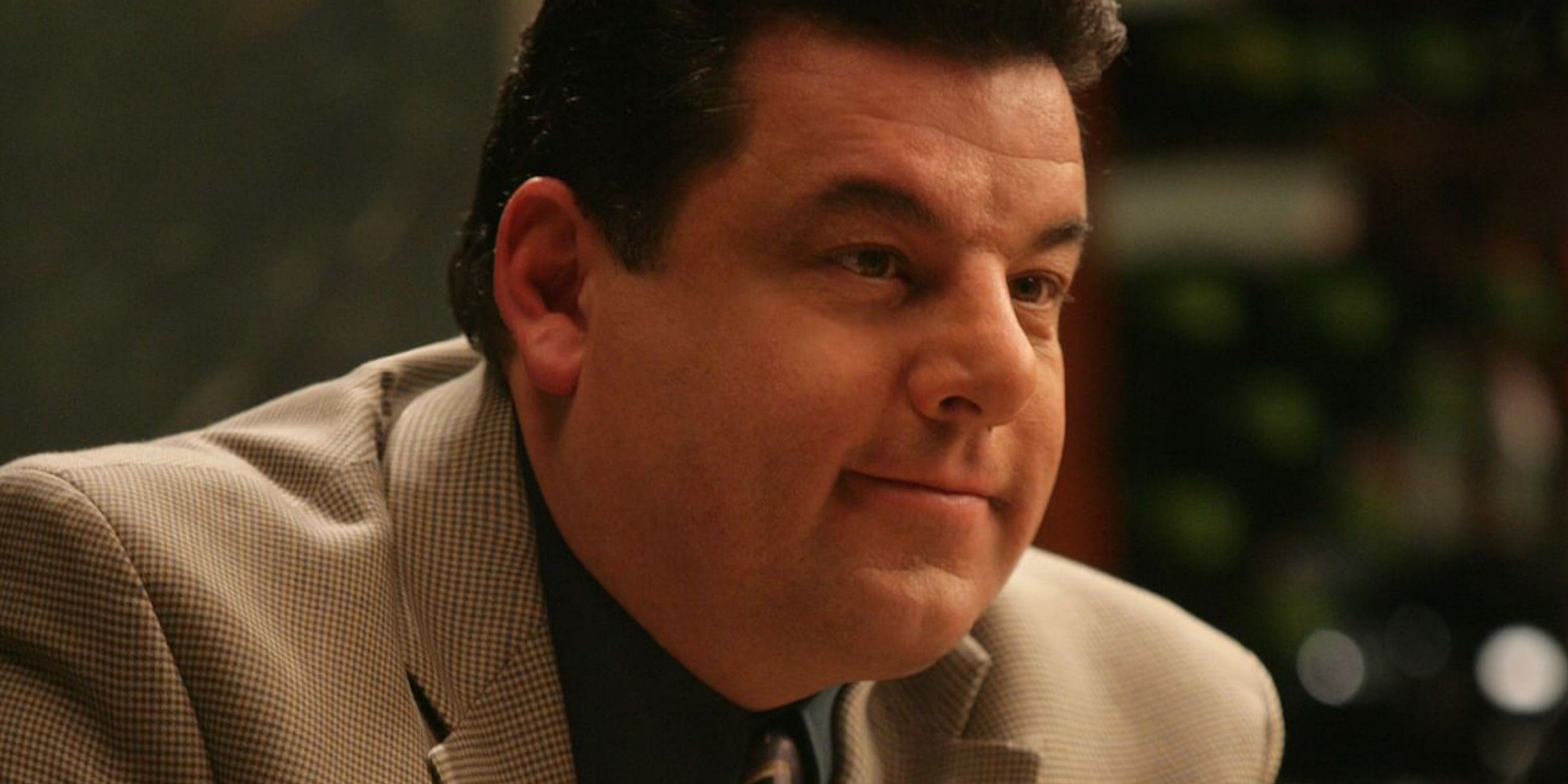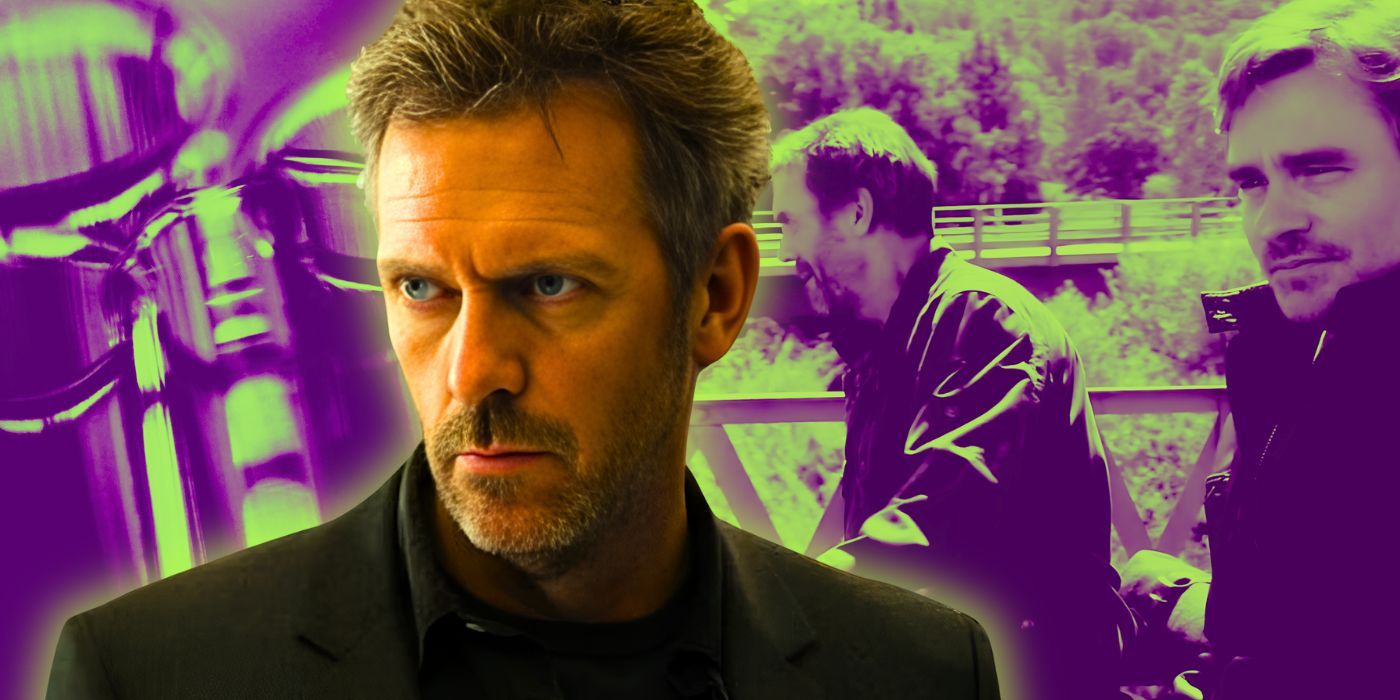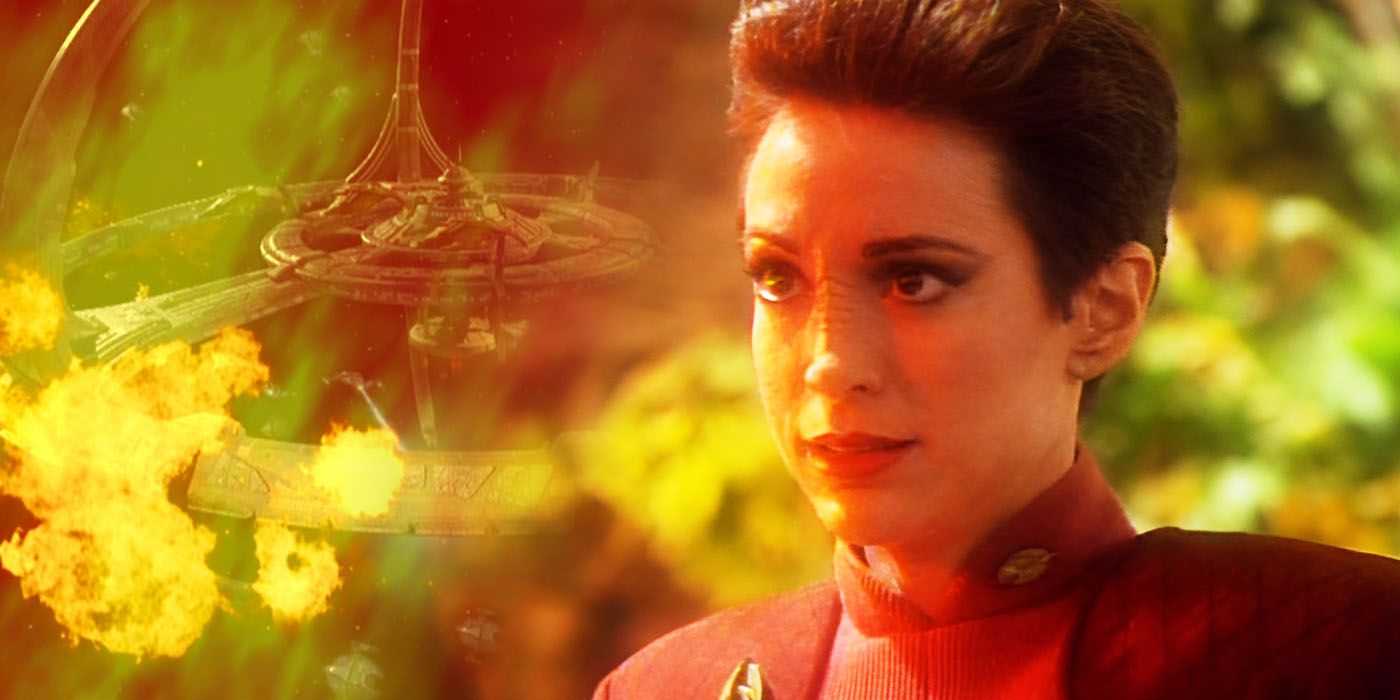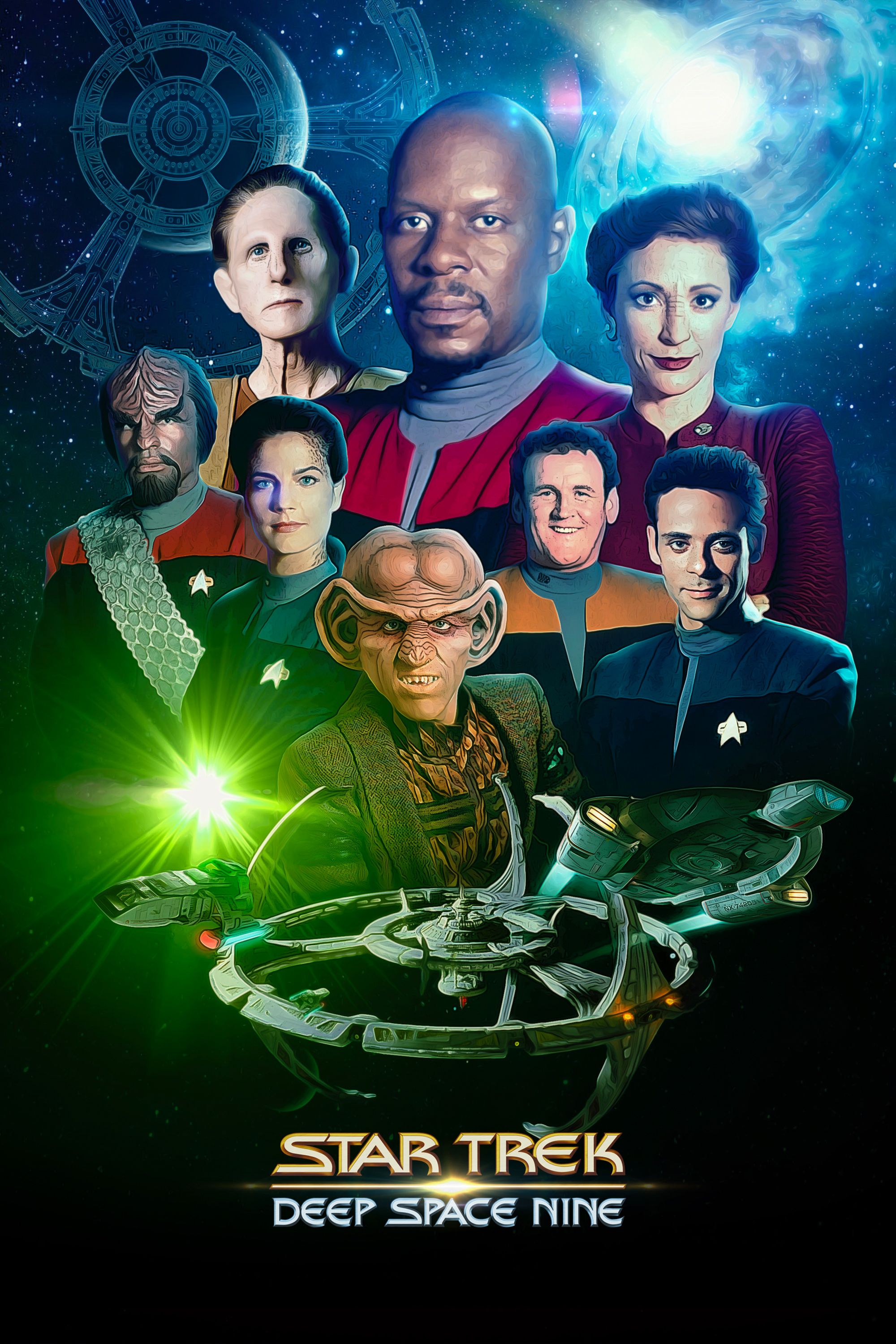Summary
- Nana Visitor used Method acting for Major Kira's "traumatized emotional states," staying in character personally.
- Visitor's performance as Kira in "Duet" made it one of DS9's best episodes, impacting her deeply.
- Visitor held on to Kira's memories, bringing authenticity to the trauma of the Cardassian occupation on Bajor.
To bring authenticity to her performance as Major Kira Nerys on Star Trek: Deep Space Nine, actress Nana Visitor kept herself "traumatized" by the anger and resentment that defined Kira's character. After Nerys spent most of her life as a Bajoran freedom fighter during the Cardassian occupation, Major Kira found herself in new territory as the Bajoran liaison to Deep Space Nine and First Officer to Commander Benjamin Sisko (Avery Brooks). Even after Bajor won independence, it was impossible for Kira to forget the trauma that the Cardassians inflicted on the Bajoran people, and on Kira's life in particular.
The acting technique known as "the Method" asks actors to imagine themselves in the same situations as their characters, and call up the personal emotions associated with being in those situations. Method acting can elicit brilliant performances, but can sometimes harm an actor's well-being if proper care isn't taken to maintain boundaries between actor and character, especially while performing challenging or complicated roles. To make Major Kira an authentic character, and honor the people who experienced harm at the hands of oppressors, instead of trivializing the real-world parallels in Star Trek: Deep Space Nine, Nana Visitor inhabited the character of Major Kira Nerys this way.
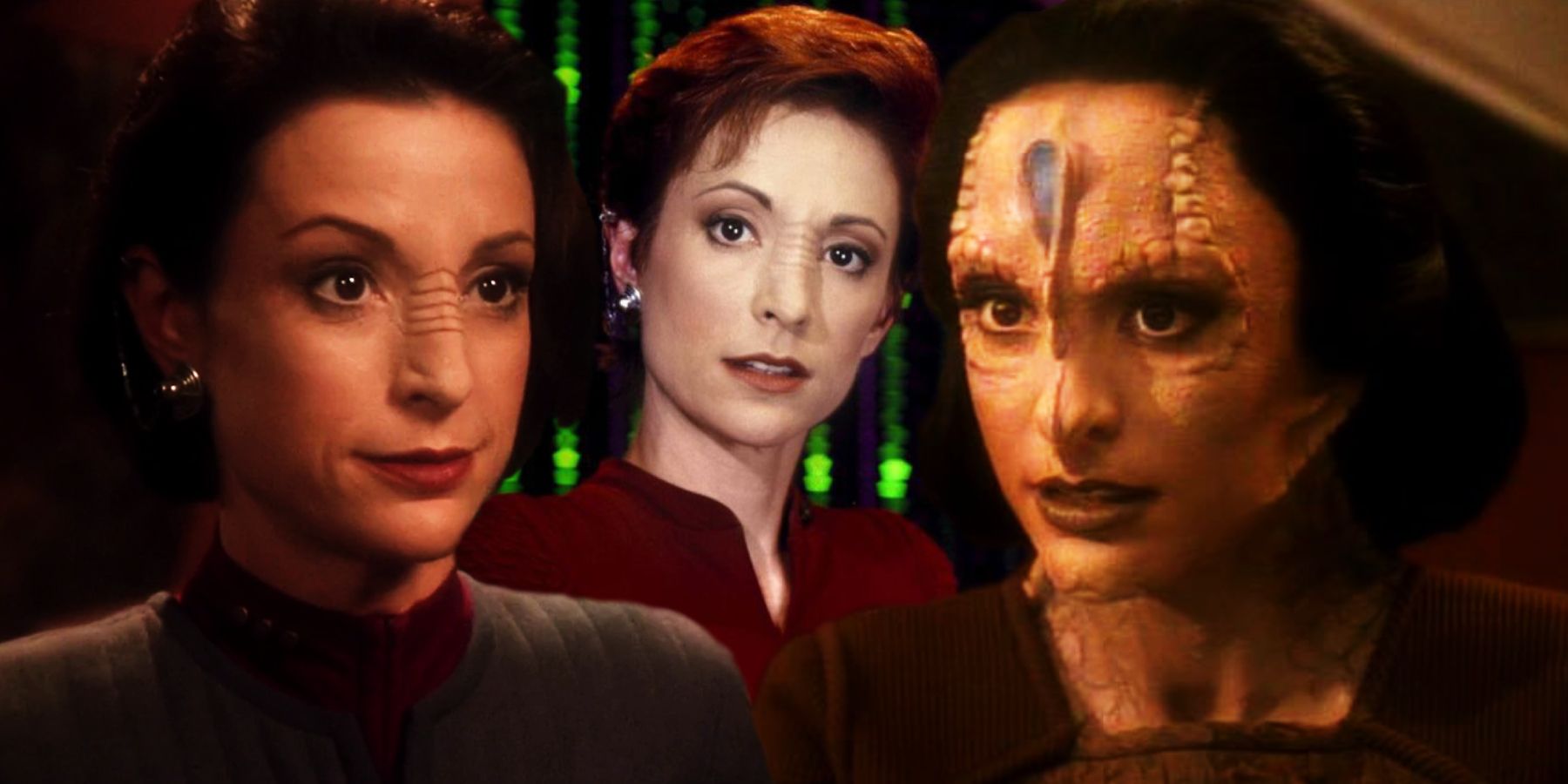
Major Kira's Best Star Trek DS9 Episodes
A breakthrough Bajoran hero, Major Kira Nerys' arc in Star Trek: Deep Space Nine was one of the most nuanced in all of Star Trek.
Nana Visitor Used Method Acting For Major Kira's "Traumatized Emotional States"
Staying in character as Kira Nerys affected Visitor personally.
The hosts of The Delta Flyers podcast, Star Trek: Voyager's Robert Duncan McNeill and Garrett Wang, invited Nana Visitor onto the show for their coverage of Star Trek: Deep Space Nine season 1, episode 19, "Duet", which is a seminal episode of DS9 for Major Kira Nerys, and often considered one of Star Trek: Deep Space Nine's best episodes. Visitor opened up about the process of filming "Duet," and the difficulty that came with taking on Major Kira's trauma as her own. Read her quote below and listen to The Delta Flyers, starting at the 18:25 time stamp.
Nana Visitor: "I went to a place where ... my body and mind are believing the situation that I'm telling myself. And I didn't often come out, because I wanted certainty. I wanted to know I'd be ready when the camera was ready, and I'd stay in these traumatized emotional states to the point where it affected my brain, for good and for bad. But ["Duet"] was the show -- that was probably the night -- that I started dreaming Major Kira's dreams, not mine."
Visitor's Performance As Kira Made "Duet" One of DS9's Best Episodes
Credit is also due to Harris Yulin as Cardassian prisoner Aamin Marritza.
Star Trek: Deep Space Nine season 1, episode 19, "Duet", is aptly named, with the majority of the episode's scenes playing out between Nana Visitor's Major Kira and a Cardassian named Aamin Marritza, played by Harris Yulin. Visitor and Yulin square off like sparring partners to perform, as Visitor puts it in The Delta Flyers, "a tango," a dance that relies on the tension and resolution of heightened emotions. Yulin's Marritza -- or is it Gul Darheel? -- is intentionally different every time Kira approaches his cell, strategically changing the tempo to achieve his ultimate end goal at any cost.
Nana Visitor holds on tightly to Kira's memories like lifelines.
The strength of "Duet" is in Visitor's performance, and the sea change that repeated encounters with Marritza inspire in Kira. Nana Visitor holds on tightly to Kira's memories like lifelines, and drags the pain of the Cardassian occupation of Bajor into the present search for justice by force. Kira's anger keeps bubbling under the surface of a calm that's abandoned when faced with confronting Marritza directly, and it's understandable. It's real. It's deeply personal. By the episode's end, the weight of Kira's trauma is made lighter, but by just a few ounces. It's not enough to heal the past, but it's enough to light a path of hope as Star Trek: Deep Space Nine moves forward.
Source: The Delta Flyers, season 9, episode 18, "Duet"


